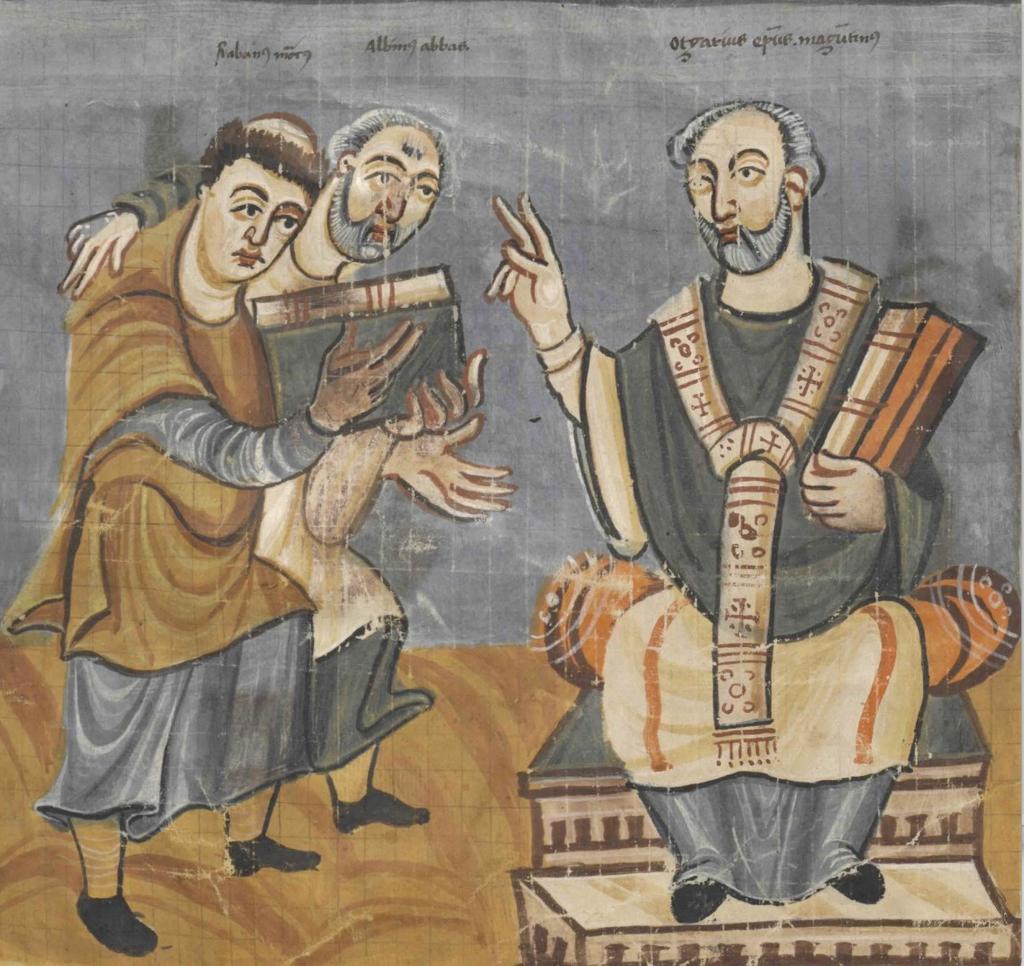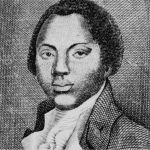This post concerns a prayer of which I am fond, and which should be better known. It also offers a good argument for liturgy, for set forms and words echoing through the centuries. But above all, it supplies an ideal way to approach the Lent season.
The Collect for Purity
I am writing here about a kind of prayer called a collect. In all the liturgically oriented churches, a service begins with a number of standard rituals, declarations, and prayers, and a collect then brings everything together before proceeding with the readings. You might think of it as the end of the service’s beginning. If you go to a church in the Episcopal or Anglican tradition, then every Sunday you will hear the following collect near the beginning of the liturgy:
Almighty God, to you all hearts are open, all desires known, and from you no secrets are hid: Cleanse the thoughts of our hearts by the inspiration of your Holy Spirit, that we may perfectly love you, and worthily magnify your holy Name; through Christ our Lord. Amen.
It is known as the Collect For Purity. Purity can be a loaded word in religion these days, as it conjures images of Puritanism, and maybe an obsession with sexual purity or even celibacy, although not a word of the actual prayer necessarily has that sexual connotation.
I have made no grand discoveries about the origins of the Collect for Purity, the history of which is well researched. In its present form, it goes back to the brilliant English scholar Alcuin, who worked with Charlemagne in the late eighth century to create a Christian civilization in Western Europe. Let’s say around 790. There is some doubt as to whether the prayer has older origins, perhaps back to Gregory the Great, around 600.
The prayer then appears in English liturgical documents through the Middle Ages, at a time when many different parts of Europe used different versions and variants of the standard Roman ritual. Specifically, the Collect appears in the Leofric Missal, written around 1000. In Latin, it reads
Deus cui omne cor patet et omnis voluntas loquitur: et quem nullum latet secretum: purifica per infusionem sancti spiritus cogitationes cordis nostri: ut te perfecte diligere et digne laudare mereamur, per dominum nostrum iesum christum filium tuum qui tecum vivit et regnat in unitate eiusdem spiritus sancti deus, per omnia secula seculorum. Amen.
That particular prayer is wordier than the modern version, with its Trinitarian ending “through Christ our Lord, who with you lives and reigns in unity with the same Holy Spirit, God, for ever and ever.” At this time, the prayer was not for public use, but was rather assigned to priests as they prepared themselves to say Mass. Hence the need for moral and spiritual purity. Despite its originally plural form, it was mainly an individual and private petition.
In the 1540s, Anglican reformer Thomas Cranmer took this Collect – as he did so much else from the medieval service books – and incorporated it into the regular liturgy of Common Prayer, to be used by the lay congregation as much as the individual priest. Removing that long Trinitarian ending was a very sound decision aesthetically.
And that is how we got the Collect for Purity.
Why the Collect for Purity Matters
Several things come to mind about this collect, but above all the sense of rigorous and absolutely honest self-examination. It comes close to creating the mood of final judgment: whatever fronts or false faces you put up, God sees behind them. Or if you like melodrama, you can run, but you can’t hide.
It makes me think of a powerful line from a Eucharistic hymn I admire greatly:
Alpha Omega, unto whom shall bow
all nations at the Doom, is with us now.
Incidentally, the collect fits many purposes outside the Sunday liturgy, and actually works well as a grace. It makes a perfect beginning for meditation or contemplation.
It is a near-perfect prayer for any and all Christian denominations.That is partly because it is so rooted in the Biblical tradition, and specifically the Psalms. See Psalm 139:
You have searched me, Lord,
and you know me.
You know when I sit and when I rise;
you perceive my thoughts from afar…
Psalm 51 has also left its echoes. Appropriately, Walter Brueggeman entitled his introduction to praying the psalms From Whom No Secrets Are Hid.
The Collect for Purity is unusual among Christian prayers in how easily it adapts to use across faiths. Remove just that “Christ our Lord” reference, and there is not a word that would not be suited to Jewish or Muslim uses – especially Muslim. It sounds uncannily like some famous Quranic passages.
Just as a trivia point. As I was looking online for material or commentary about this topic, I found a learned essay called “From Whom No Secrets are Hid.” Aha, I thought, I must pursue this – until it turned out to be a piece from the Texas Law Review about the policy of discovery under Federal Rules of Civil Procedure. That kind of secrets, you see.
What the Collect Tells Us About Liturgy
Getting back to the Collect for Purity, here are my thoughts about how it illustrates the significance of liturgy:
*Like the best parts of any liturgy, the Collect takes essential points about the Christian approach to life, and puts them in simple and memorable form.
*It says these things better, more comprehensively, and more concisely than we could ever do ourselves.
*By saying the words repeatedly, week by week, we learn and internalize them, and learn how to approach our own mental processes.
*We say, mark, learn, and inwardly digest.
*By saying the words collectively, we understand our shared membership of the church.
*And as we say the words, we are aware of a tradition that takes us back well over a millennium, and perhaps far longer. We say them together with Thomas Cranmer and Alcuin.
*We see and understand the chain of continuity, and place ourselves within that continuity.
During the Lent season, there are worse words to consider than these:
Almighty God, to you all hearts are open, all desires known, and from you no secrets are hid: Cleanse the thoughts of our hearts by the inspiration of your Holy Spirit, that we may perfectly love you, and worthily magnify your holy Name; through Christ our Lord. Amen.















